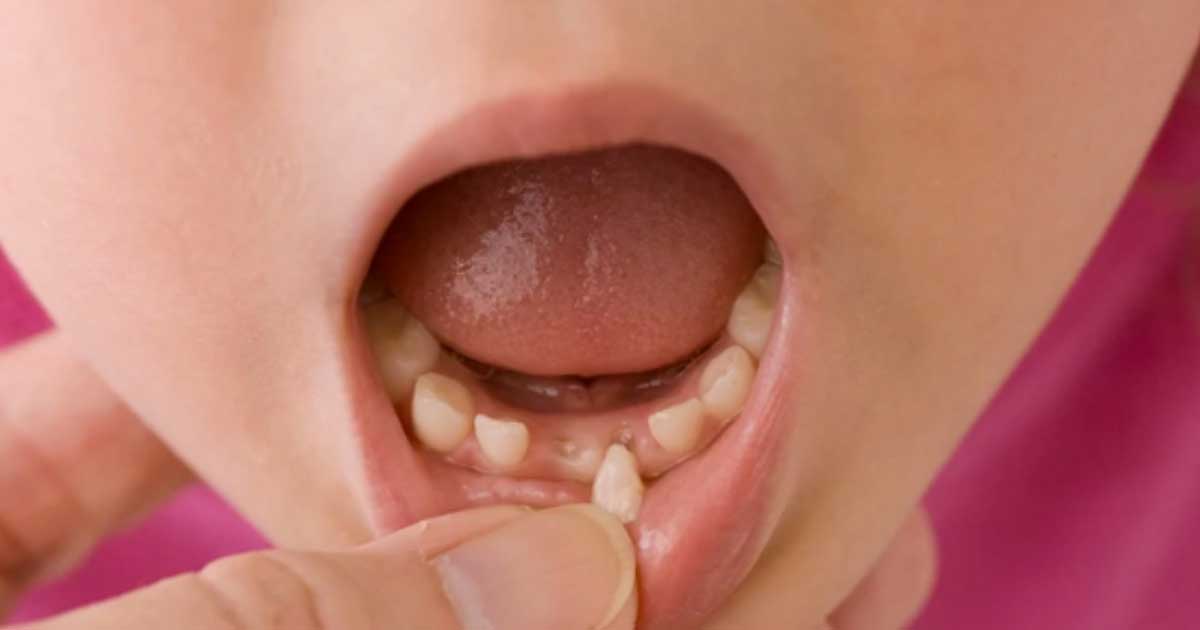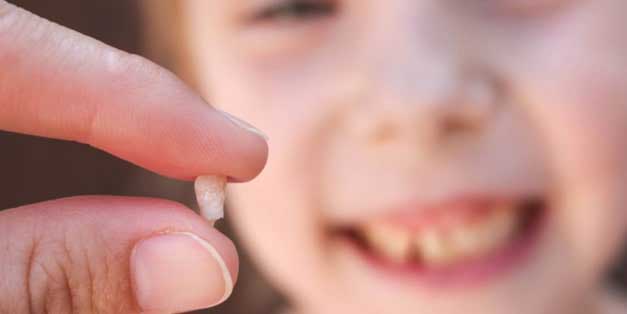Scientists Are Encouraging Parents To Keep Their Kids’ Baby Teeth

source: Dental Plans / istockphoto.com
If you have children, you likely remember the moment when they lost their first tooth. They wait in anticipation for the tooth fairy to come and snatch up their baby tooth, leaving behind a few coins or bills in return. Although many parents keep their children’s first lost tooth, we tend to just discard the ones that follow. However, if your children are still young, you might want to hang on to all of your kids’ lost baby teeth.

Scientists and doctors are encouraging parents to hang on to their kids’ baby teeth, and the reasons why have nothing to do with being sentimental. As it turns out, there is an abundance of stem cells present in their teeth that could potentially save their lives further down the road.
Stem cells are often used to treat diseases like Parkinson’s, Alzheimer’s, and certain types of cancer. Many people diagnosed with these have to wait extended periods of time to find a suitable bone marrow match. However, if your child is ever diagnosed with one of these diseases and you hang on to their baby teeth, the stem cells in them can be used in treatment, and they won’t have to wait for a donor.
The next time your child loses a tooth, don’t just toss it in a box in your nightstand. Organizations like Tooth Bank specialize in storing baby teeth properly and safely. If the teeth are not stored correctly, the stem cells present in them may not be able to be harvested if the need ever arose. And it’s not just your kids’ baby teeth that can be stored for future use. Any teeth that are pulled (including wisdom teeth) can be helpful further down the road, so talk about tooth banking with your child’s dentist if they’re scheduled to have any teeth pulled.

No parent wants to consider the terrifying thought of their child potentially being diagnosed with a life-threatening disease. However, if you take steps like storing their teeth, it can make all the difference in treatment if something like that ever were to happen.
